Seaweed, often called the “vegetables of the sea,” is a nutritional treasure hidden in the deep ocean. Used for centuries by various cultures, their popularity has grown exponentially, especially thanks to Japanese cuisine. This article explores the nutrients, benefits, uses and sustainable importance of seaweed.
Nutrients and Benefits of Seaweed
Seaweed is an exceptional source of vitamins, minerals, proteins and fiber. They stand out especially for their content of calcium, magnesium, iodine, and group B vitamins. Their superior nutritional profile makes them an ideal complement to any diet.
Health benefits
- They are a food of great energy value because they have the capacity to capture a lot of solar energy.
- They are made up of 25 minerals and trace elements .
- They contain proteins of high biological value in a similar percentage, in their dry weight.
- They have three times as much calcium as milk , and it is also absorbed much better.
- Its amount of vitamins is greater than in vegetables, and all vitamin groups are present.
- They stand out for containing iodine , magnesium , calcium , carotene , B12 , and more vitamin E than wheat germ.
- Its chlorophyll content favors the formation of new blood in the body.
- They contain a high concentration of natural iodine .
- Alginic acid is present in its composition, which protects us from radioactive metals.
Use and Consumption of Seaweed
Forms of Consumption
Seaweed can be enjoyed in a variety of ways, from fresh in salads to dried in soups and stews. Their culinary versatility allows them to be easily incorporated into the daily diet, enriching dishes with their unique umami flavor.
Recipes and Preparations
For those interested in exploring seaweed in the kitchen, there are numerous recipes available. From a simple bowl of rehydrated wakame seaweed to elaborate salads and soups, the possibilities are endless. Dare to experiment with these marine jewels and discover new flavors and textures.
Seaweed Diversity
There are countless varieties of seaweed, each with its own characteristics and benefits. Some of the most popular include nori, used in preparing sushi; kelp, known for its high iodine content; and wakame, appreciated in soups and salads.
Here you can see an image with some of these varieties:

Conclusion
Seaweed is much more than just an exotic ingredient; They are nutrient-dense superfoods with immense potential to improve our health and the environment. Integrating algae into our diet is not only a step towards a more conscious and healthy diet, but also a gesture of respect towards the sustainability of our oceans.
Call to Action
We encourage you to discover the world of seaweed, experiment with its flavors and textures, and explore its positive impact on your health and the planet. Immerse yourself in the culinary adventure that seaweed has to offer!


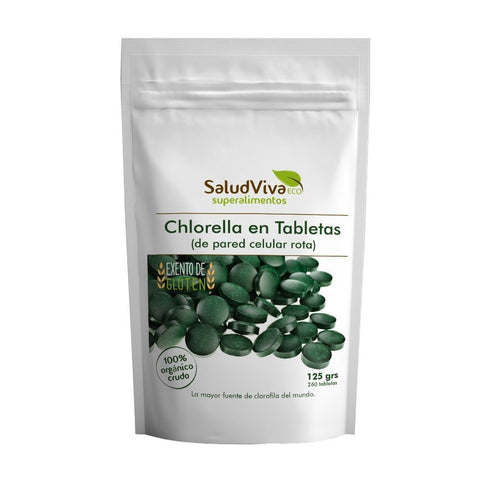
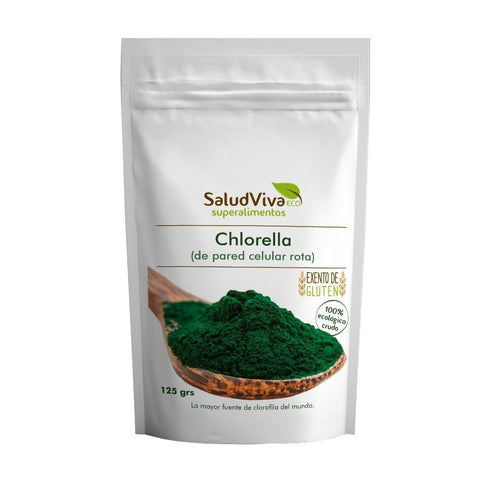
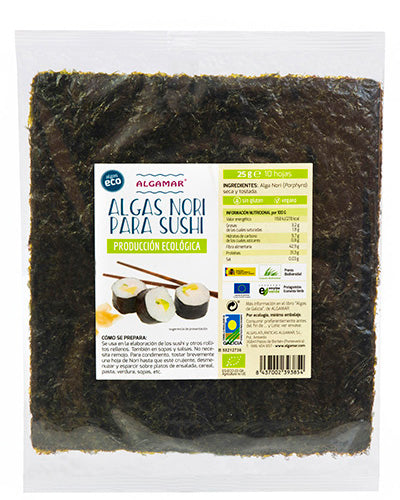

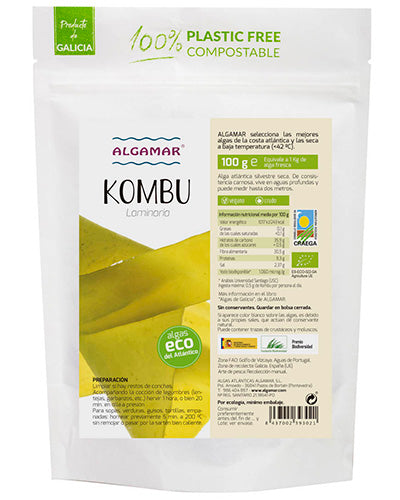
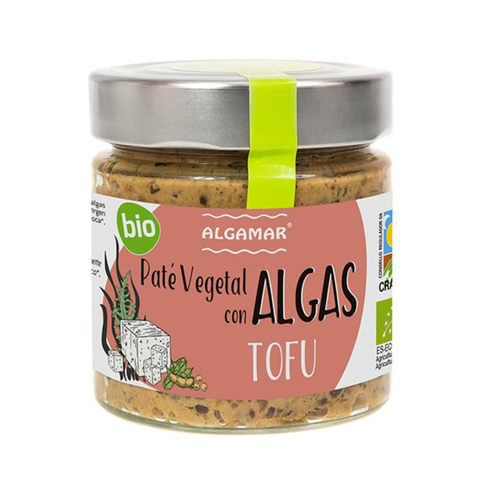
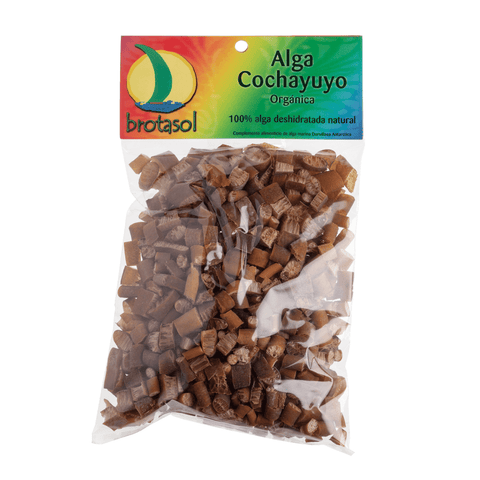
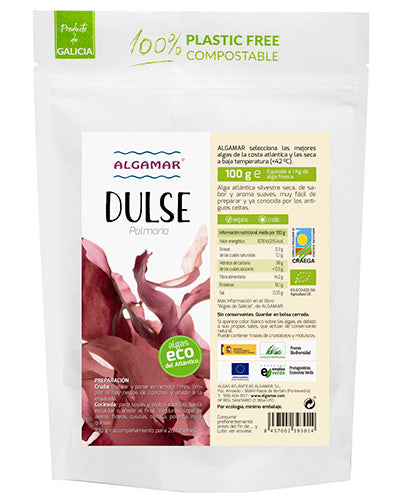


Comments (0)
There are no comments for this article. Be the first one to leave a message!